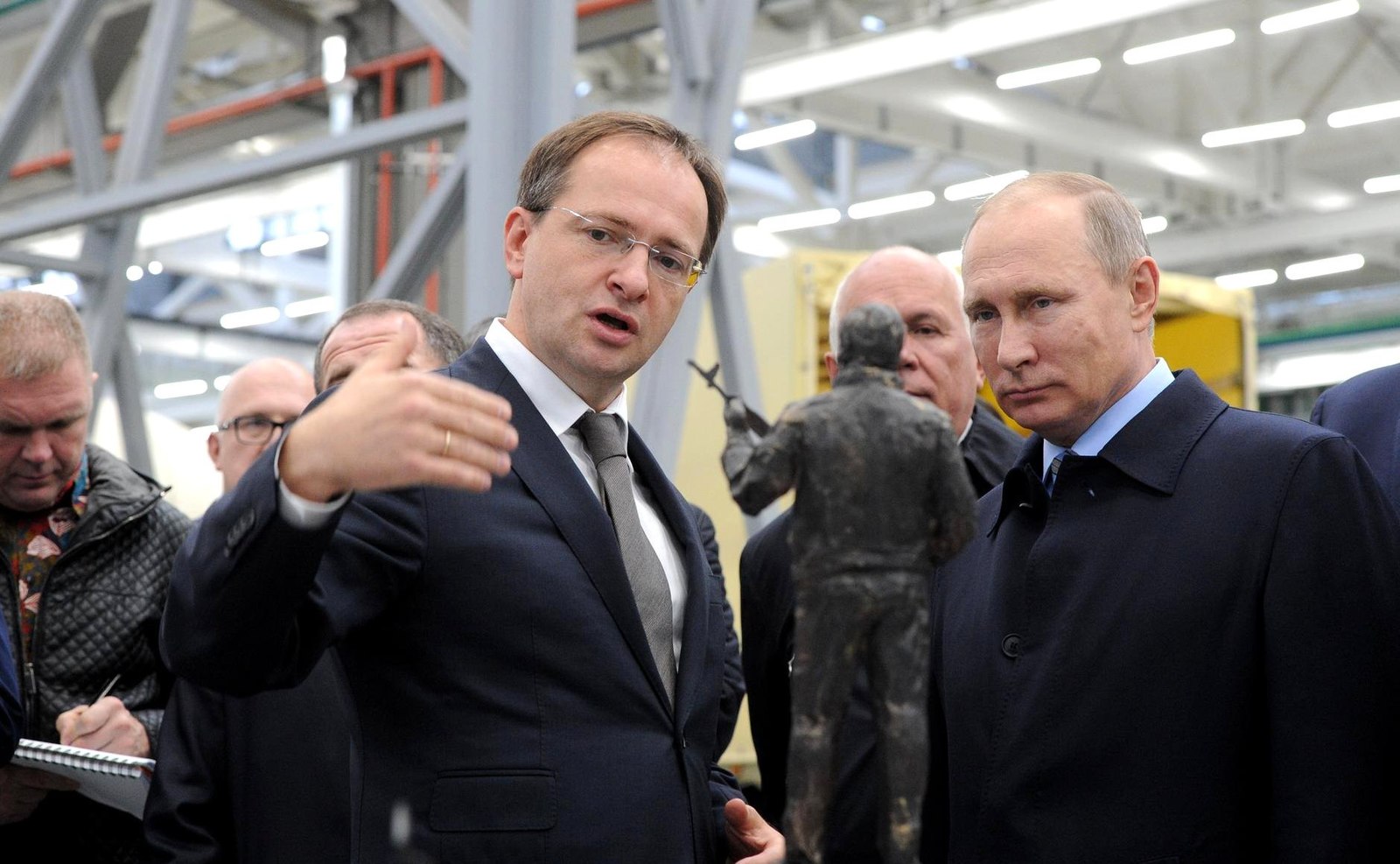Rewriting history: Ideological power and education in Russia

Russian President Vladimir Putin in 2016
Ben Johnson -For Russian high school students returning from their summer break, this week brought more than just a reunion with friends, but a striking change in curriculum. Announced last August, a rewritten version of “The History of Russia” has officially made its way into schools. Containing focused sections on the war in Ukraine and providing a more “objective” view of Joseph Stalin, the revised textbook illustrates how propaganda permeates the everyday life of Russians.
The use of propaganda aims to strengthen an entity’s ideological power. This power refers to the ability to get people to do what you want without using force. Russia has been steadily crafting a narrative that paints the invasion of Ukraine as an act of defense against the aggressive and invasive West. This portrayal of Russia as a victim of aggression makes defending the homeland the obvious choice, an example of ideological power. Similarly, the curriculum's authors seek to build trust in Russia’s leadership. A number of factors and events have significantly weakened both Russia’s and Putin’s image of strength since the initial invasion of Ukraine: protests, thousands of people fleeing the country, and most recently, the Wagner Group’s direct challenge to Vladimir Putin’s leadership. This weakened image decreases the amount of ideological power a state has. Drawing closer to what will likely be the second anniversary of the war in Ukraine, Russia is desperate to strengthen its image and its citizens’ allegiance.
The redesigned curriculum is the latest attempt to instill loyalty to the state. In other words, strengthening national identity. This identity has to do with the sense of attachment a person has to a specific nation. This connection is reinforced in several ways, including having a shared language, paying taxes, and maintaining and supporting armed forces. As children and young adults go through school, they are shaped by what they read and hear. Through rewriting history, Russia hopes to build faithfulness to the state and the ongoing war effort.
Source: Михаил Климентьев / Пресс-служба Президента России, CC BY 3.0

